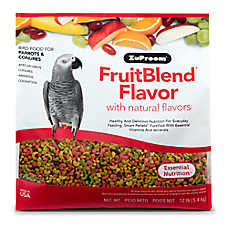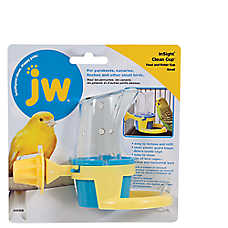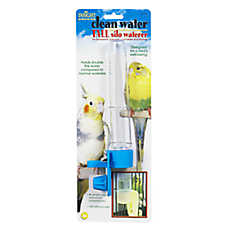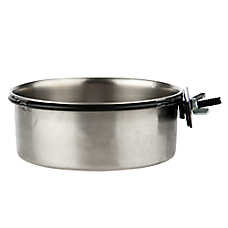Types of Pet Birds
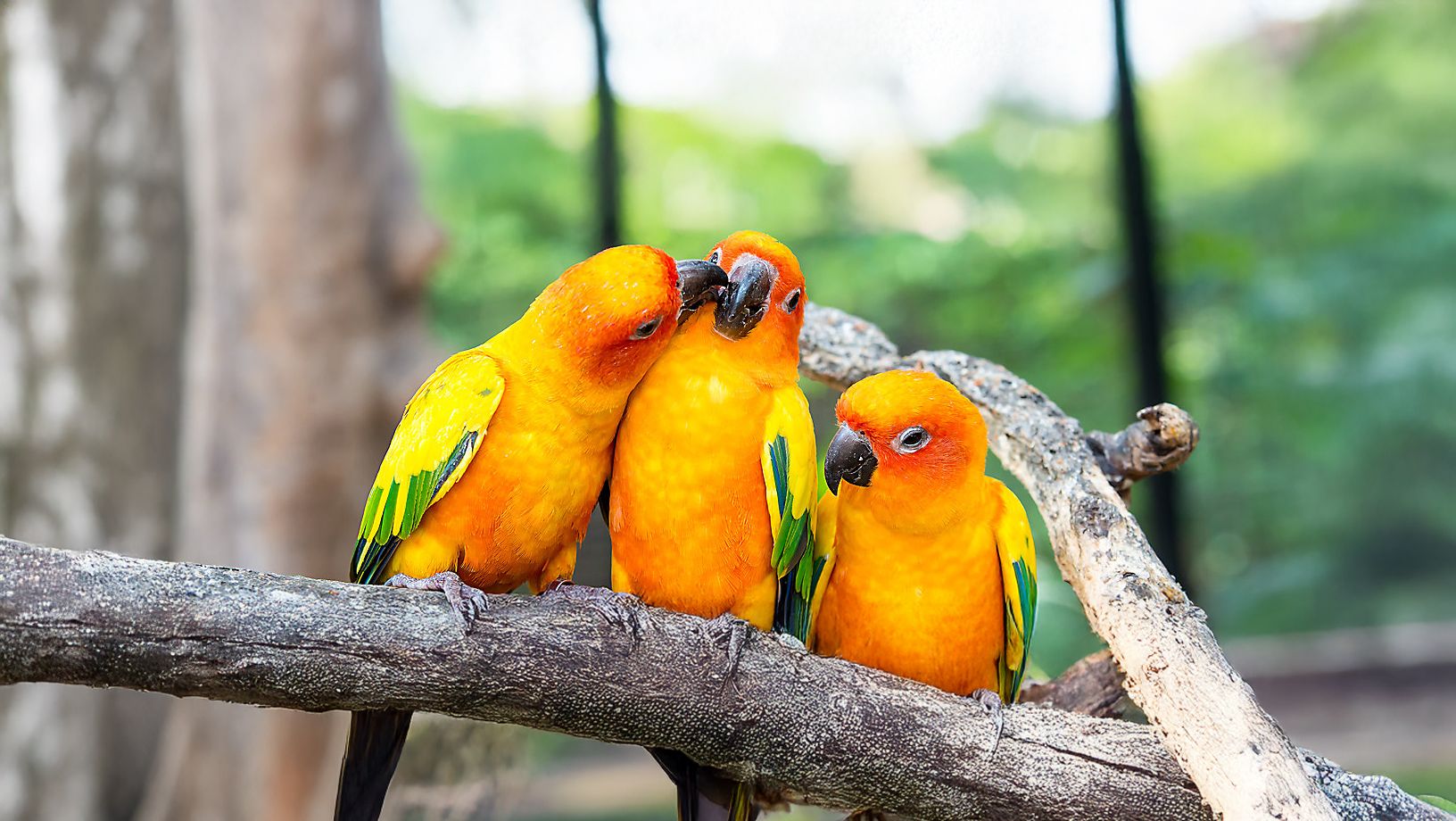
In this Article
Thinking about bringing a pet bird into your home? Birds can be an amazing addition to any household or family; they can bring lots of joy and excitement to your home. However, they do require a considerable amount of care and attention, so you should be sure you’re ready for the commitment before bringing one home. There are many types of pet birds to choose from, so do your research and find the type that best fits your experience level and lifestyle. Learn more about types of pet birds and what makes them unique.
Before you get a bird…
Can we pick your brain?
Having a pet bird is a big responsibility. Before you let your dreams of being a birdie parent take flight, there are some things you should seriously consider:
- Is this an impulse purchase or a long-time desire? (If it’s an impulse: STOP shopping! Birds live a long time and are actually a lot of responsibility.)
- Can you afford the cost of vet care, food and toys?
- Can you spend at least half an hour a day interacting with your bird? (These guys are social.)
- Is everyone in your household ready for a bird?
- Can you clean a cage every day?
- Can you get a bird-sitter when you’re out of town?
- Can you commit to this bird for life?
- Do you have the space for a bird?
Picking your best bird bud
Ok, now that you’re TOTALLY sure you want a feathered bestie, it’s time to soar into bird parenthood. Because different breeds of birds have such different needs and personalities, you’ll want to compare them by amount of care, length of life, and how much space they’ll require. Do your research and when in doubt, ask a vet.
Learn how to give them proper care in advance.
If you do decide to commit to bird parenthood, be sure to read up on how to take care of them before you bring them home. Learn what supplies you’ll need, how to set up their cage, and how to give them the best care possible. PetSmart has basic care information for many breeds and types of pet birds, including:
- And Parrotlets
Different types of pet birds
From canaries to parakeets, there’s a wide range of options when it comes to bird breeds. When deciding between types of pet birds, take into consideration what type of commitment you’re comfortable with, as well as each breed’s unique characteristics. This is an exciting time! Have fun exploring the different bird breeds and find the one that is right for you.
Canary
Size: Canaries grow about 5 inches from head to end of tail.
Age range: 10-15 years
Unique traits: Canaries like to watch their pet parent and be talked and whistled to, but they prefer not to be handled.
Experience level: Beginner
Conure
Size: Conures grow up to 15 inches from head to end of tail.
Age range: 15-20 years
Unique traits: Conures have playful personalities and can be noisy. They need at least an hour of daily interaction with their pet parents.
Experience level: Intermediate
Dove
Size: Doves grow up to 8 inches from head to end of tail.
Age range: 10-15 years
Unique traits: Doves are social, and can be housed together in pairs or in large flocks in an aviary.
Experience level: Beginner
Finch
Size: Finches grow up to 5 inches from head to end of tail.
Age range: Approximately 5 years
Unique traits: They have high metabolic rates and must be kept well fed.
Experience level: Beginner
Parakeet
Size: Parakeets grow up to 7 inches from head to end of tail.
Age range: 7 - 10 years
Unique traits: Parakeets are social animals and thrive living in same-gender pairs and groups.
Experience level: Beginner
How Do I Know If My Bird is Healthy?
A healthy bird has bright, gleaming eyes, sleek and shiny feathers (with no bald or sparse patches), and smooth, clean, adorably wrinkled feet. When you adopt or purchase, be sure to ask for your feathered friend’s medical history. If you see that their eyes look dull or that they’ve lost too many feathers, then you should contact your vet immediately.
Information in this article is not intended to diagnose, treat or cure your pet and is not a substitute for veterinary care provided by a licensed veterinarian. For any medical or health-related advice concerning the care and treatment of your pet, contact your veterinarian.
